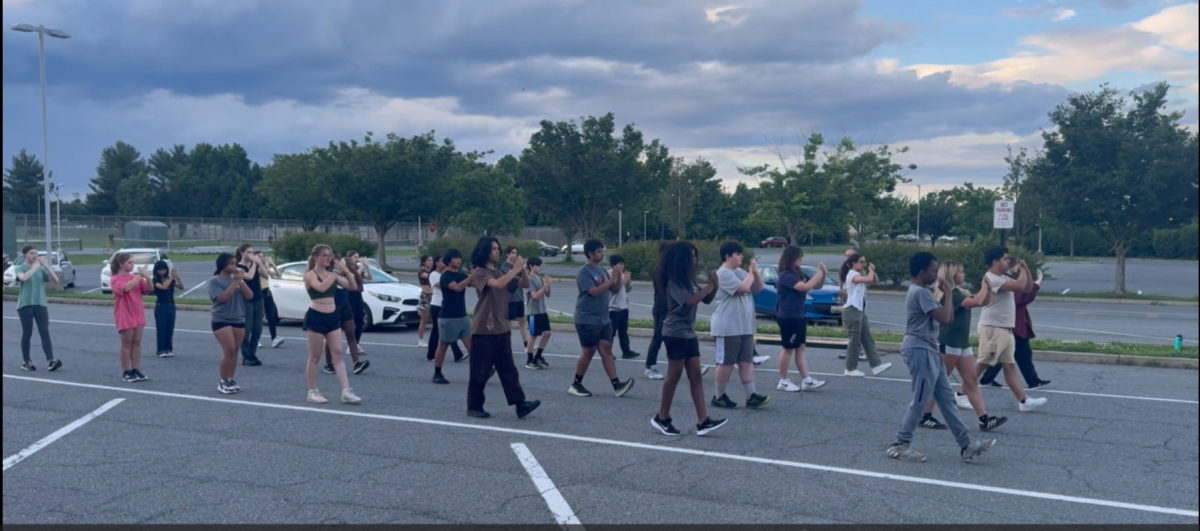The beginning of the 2023-2024 school year marked many new changes at Tuscarora High School, the most notable of which being a major adjustment to students’ daily classroom schedule. Introduced to teachers at the end of the 2022-2023 school year, the new plan extends class time from 80 minutes to 90 minutes and removes the 30 minute FLEX period at the end of second block in order to accommodate a new way of conducting the helpful tutoring time. FLEX, the free time allocated for students to attend clubs, receive tutoring and do missing work, had been under scrutiny in years past after many staff members felt that some students were not using the time as they should. This problem is intended to be solved by the new FLEX system, which only takes place on Wednesdays and integrates FLEX time into the second half of each Wednesday class. Therefore, instead of five days a week of FLEX, 30 minutes once a day, there is now one day a week of FLEX, 45 minutes four times a day.
Opinions regarding the new FLEX system have been mixed among both staff members and students. Some love the new change, saying that it has helped them focus and use their time more efficiently.
“I love it, to be honest,” said Allie Wallin, a junior and participant in Outdoor Club. “Going to FLEX every day made my day seem longer and I would sit there and do nothing.”
“It’s very different from last year, but I think it’s better for people so they can’t skip class,” said Alyssa Kimmel, a sophomore.
Others are not as enthusiastic about the new routine, with some wanting to switch back to the old system or a totally different one entirely.
“I’m not a huge fan of it,” said Avery Neuman, a junior and softball player. “I liked the [system] from last year since it was every day and I feel like I have [fewer] chances/[less] time to complete my work when I have to wait until Wednesday.”
“I don’t like the new FLEX,” said Paul Barrett, a senior and member of Chess Club. Barrett expressed his displeasure with the lack of time to complete work and the extended class periods.
The rest seem to be in the middle, feeling sort of on the fence as to the new way FLEX is being conducted.
“There are advantages to the longer time; 45 minutes instead of 25 [sic],” said Tuscarora math specialist Mrs. Williams-Kennedy. “Some students find it hard to only have FLEX once a week though.”
“It’s definitely grown on me over time but I still have some issues with it,” said Kristen Foundas, a member of Titan Stage. “I like the way it’s formatted, but as a performing arts student, it’s really difficult to not have that time every day to be able to practice.”
Research indicates that in-school tutoring is more than beneficial to students’ academic achievement, especially after the learning loss sustained during the COVID-19 pandemic. According to the University of Chicago, up to two and a half years of lost learning in math courses is able to be made up in one school year supplanted by in-school tutoring. While it’s clear that FLEX, an instrument of in-school tutoring, is incredibly beneficial to students, it’s unclear as to how the free time should be carried out.
Regardless of its format, FLEX certainly won’t be going away anytime soon. Its academic benefits to students and allotted time for extracurricular activities are too great to do away with–be it in a 30 minute block or a 45 minute half.






























